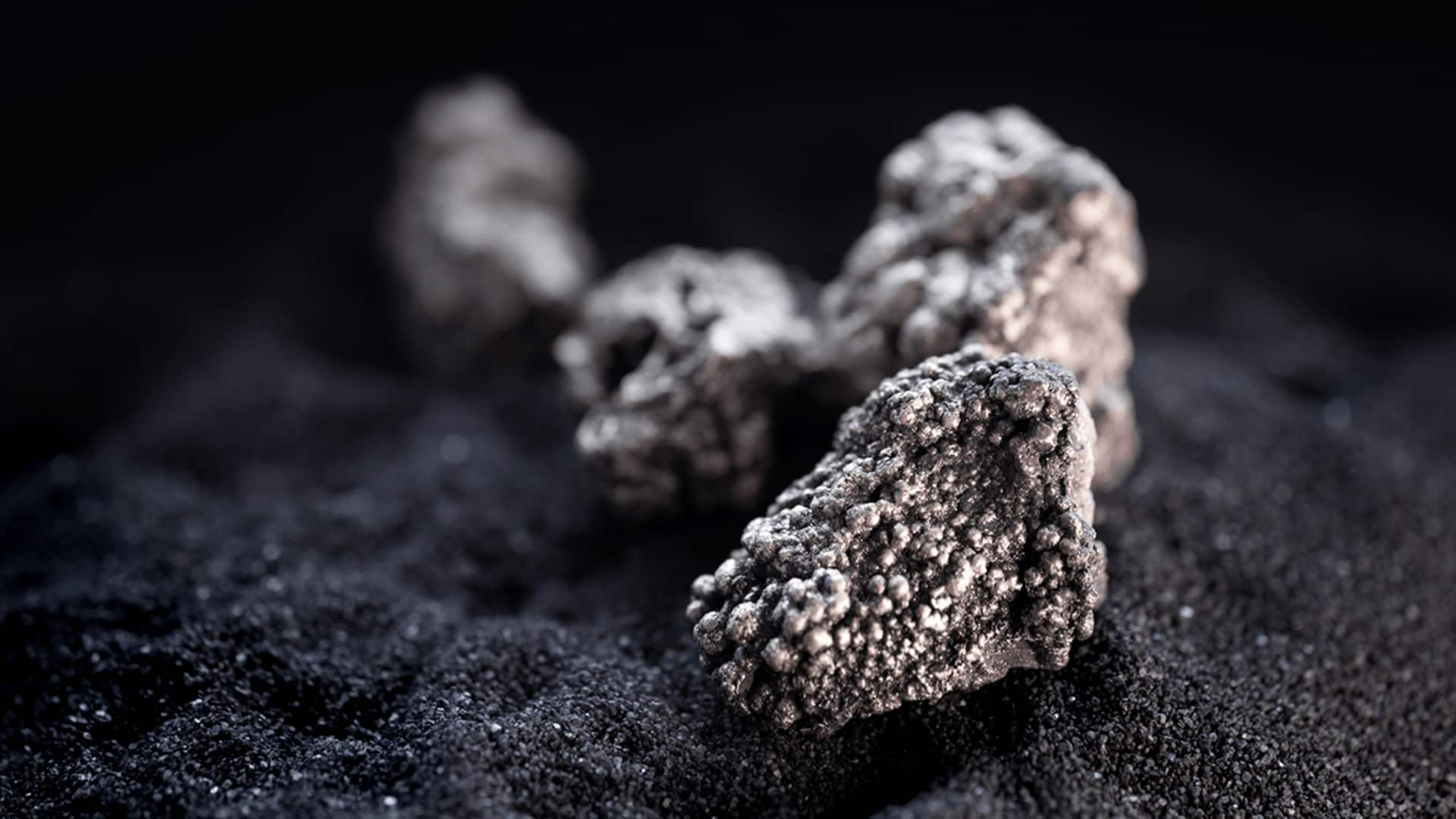
Is the US-Australia minerals deal enough to reduce China's dominance?
What's the story
The United States and Australia have signed an $8.5 billion critical minerals agreement to reduce China's grip on rare earths. The deal was announced at a summit between US President Donald Trump and Australian Prime Minister Anthony Albanese at the White House. It aims to diversify global supply chains by investing heavily in strategic resources essential for defense and clean energy sectors.
Investment
Investment and price stabilization measures included in the deal
Under the agreement, both countries will invest $1 billion each within six months to fast-track projects. The deal also sets a price floor for critical minerals, protecting producers from market manipulation and price dumping. Trump said, "In about a year from now, we'll have so much critical mineral and rare earths that you won't know what to do with them."
Project backing
US EXIM Bank pledges over $2.2B for Australian projects
The US Export-Import Bank (EXIM) has pledged over $2.2 billion to support critical minerals projects in Australia, including companies like Arafura Rare Earths and Northern Minerals. These investments are aimed at bolstering America's high-tech manufacturing base and countering China's export dominance. The Pentagon also plans to build a gallium refinery in Western Australia after China halted gallium exports to the US.
Pact details
Regulatory reforms and global pricing mechanism envisioned
The minerals agreement also includes regulatory reforms to speed up mine permitting and processing facility approvals. It aims to create a more predictable environment for investors by combining joint financing, price stabilization mechanisms, and strategic stockpile management. The framework also envisions working with other G7 members on a global pricing mechanism for critical minerals.
Australia's role
Australia's processing capacity development and government support
Australia is a key partner in the global minerals supply, with over 40 critical minerals identified by the US Geological Survey. In 2024, it attracted $64 million in rare earth exploration funding and has 89 active projects. The country is also developing its processing capacity with government support for major refineries.
China's actions
China restricts rare earth exports, Trump threatens tariffs
China has tightened its grip on rare earth exports, adding five metals to its restricted export items list. Foreign companies now need special permits to buy certain materials from China. In response, Trump announced plans for a 100% tariff on Chinese exports starting November 1, characterizing it as retaliation against Beijing's "very hostile" actions.